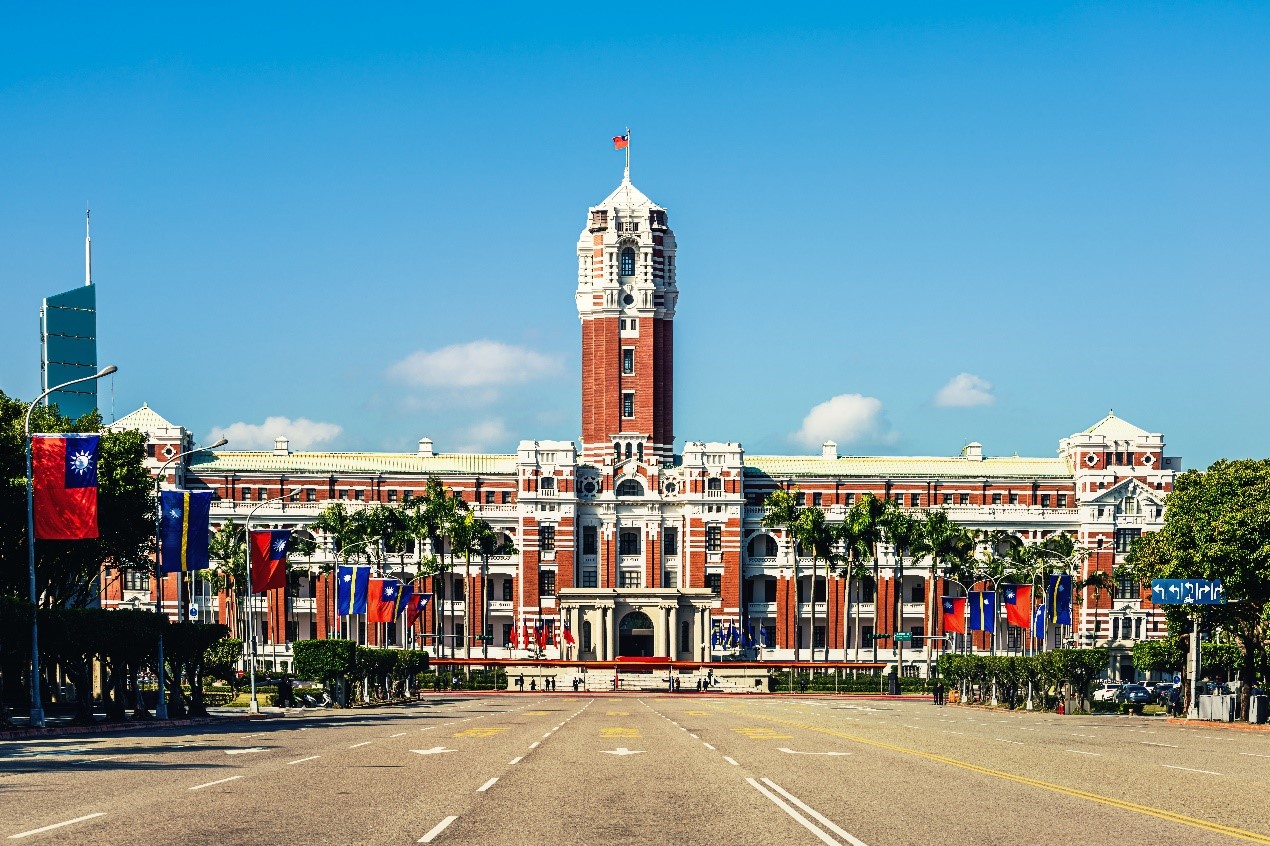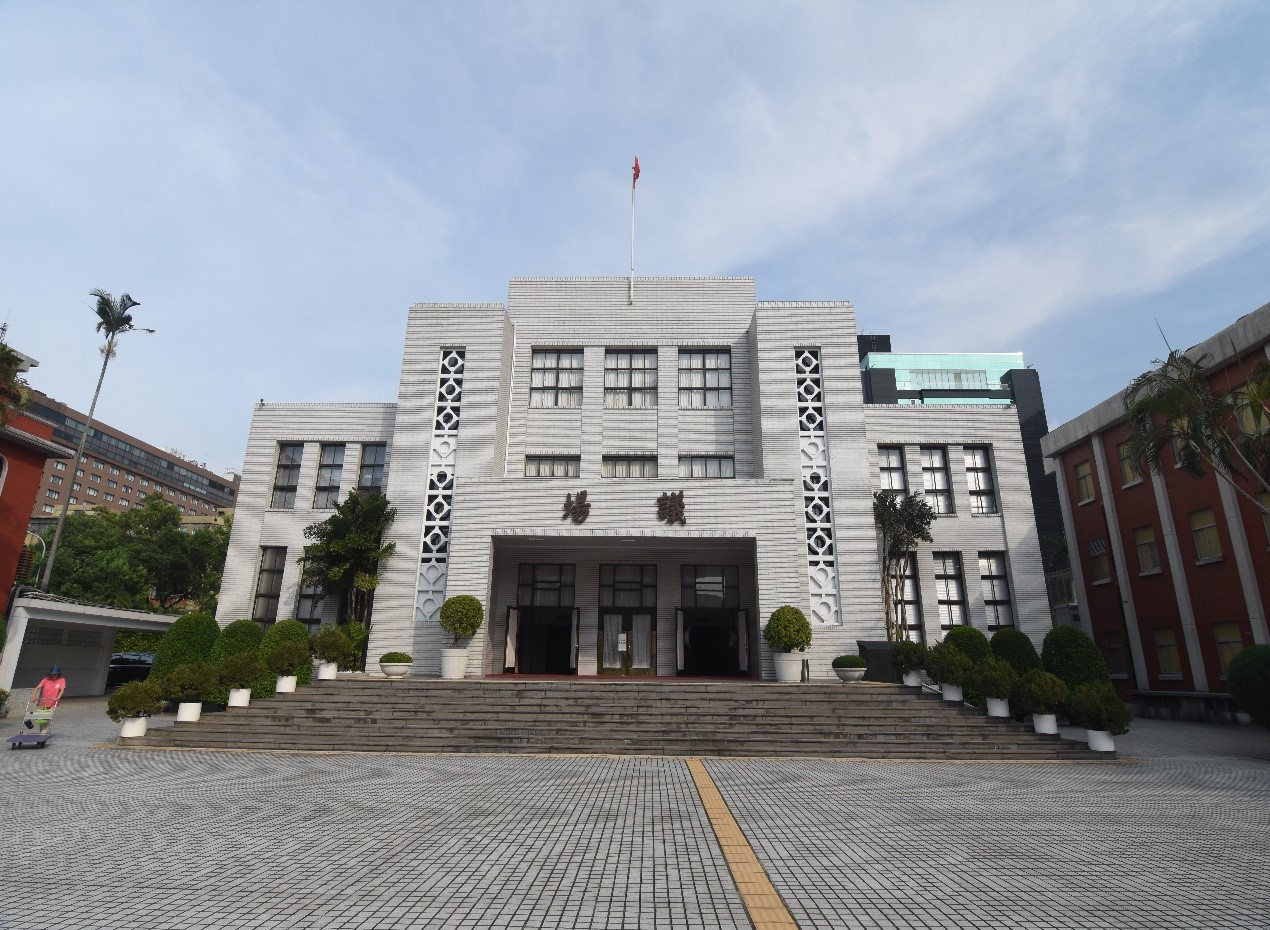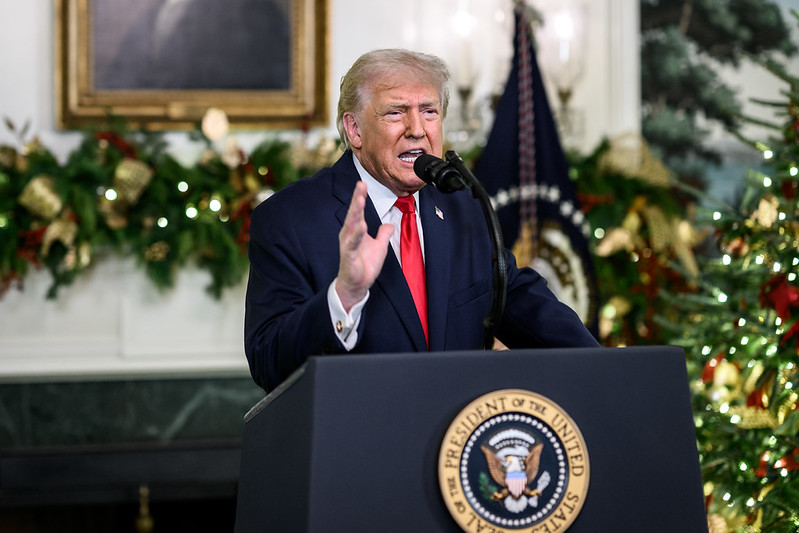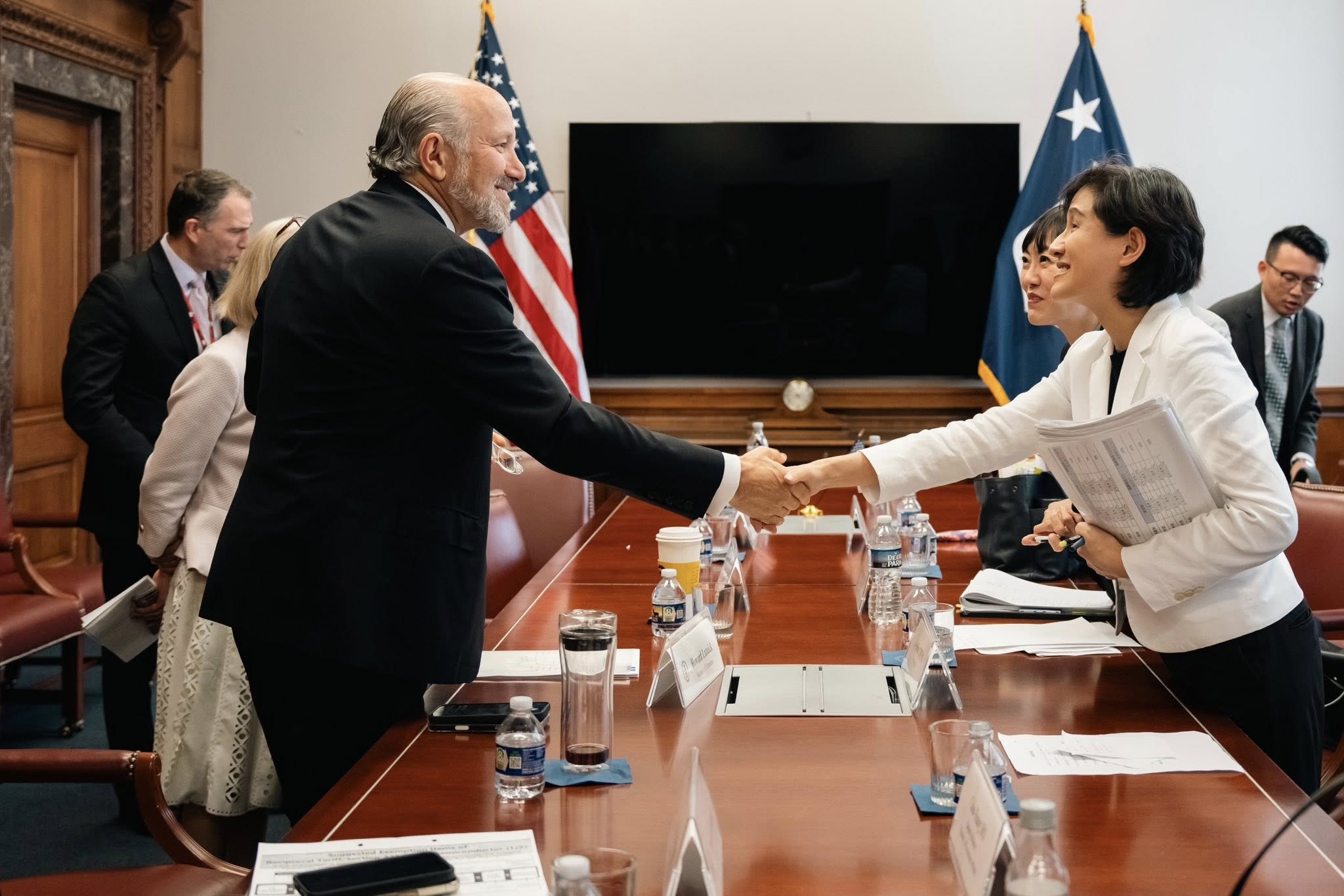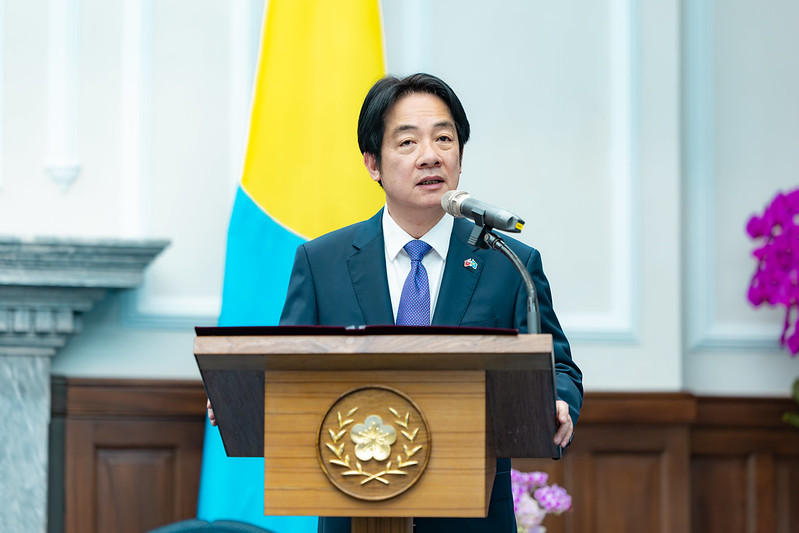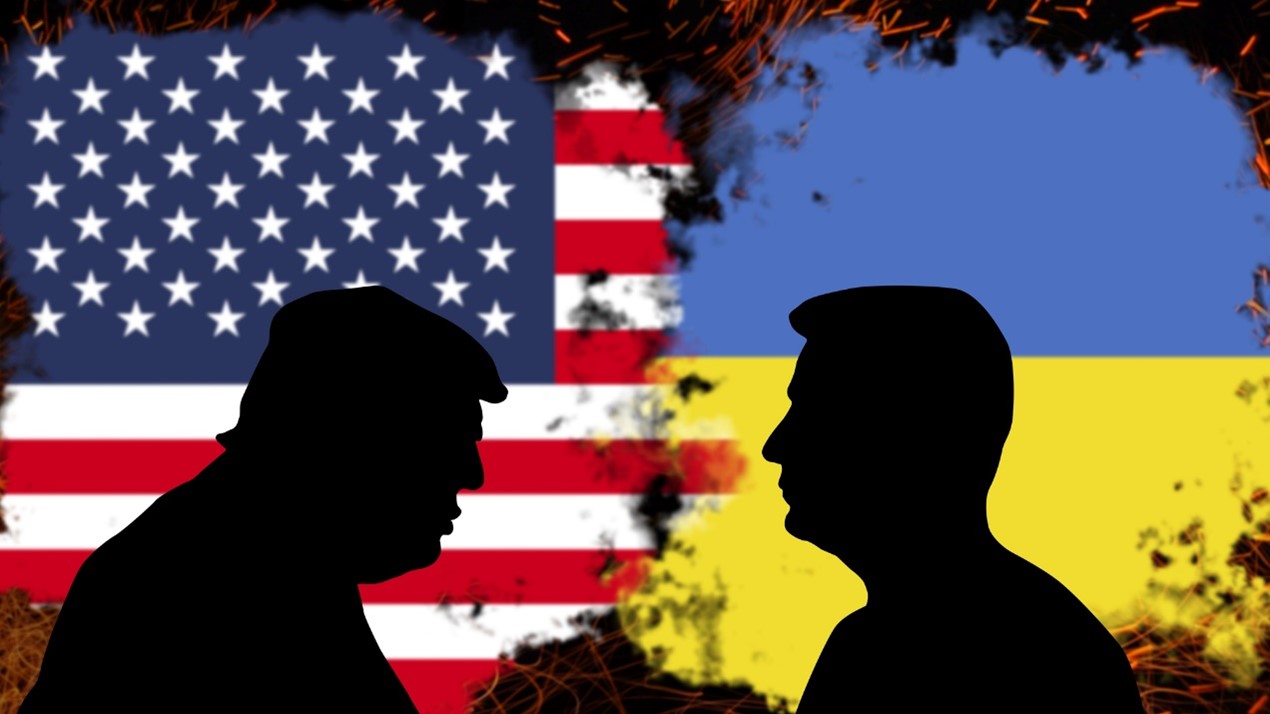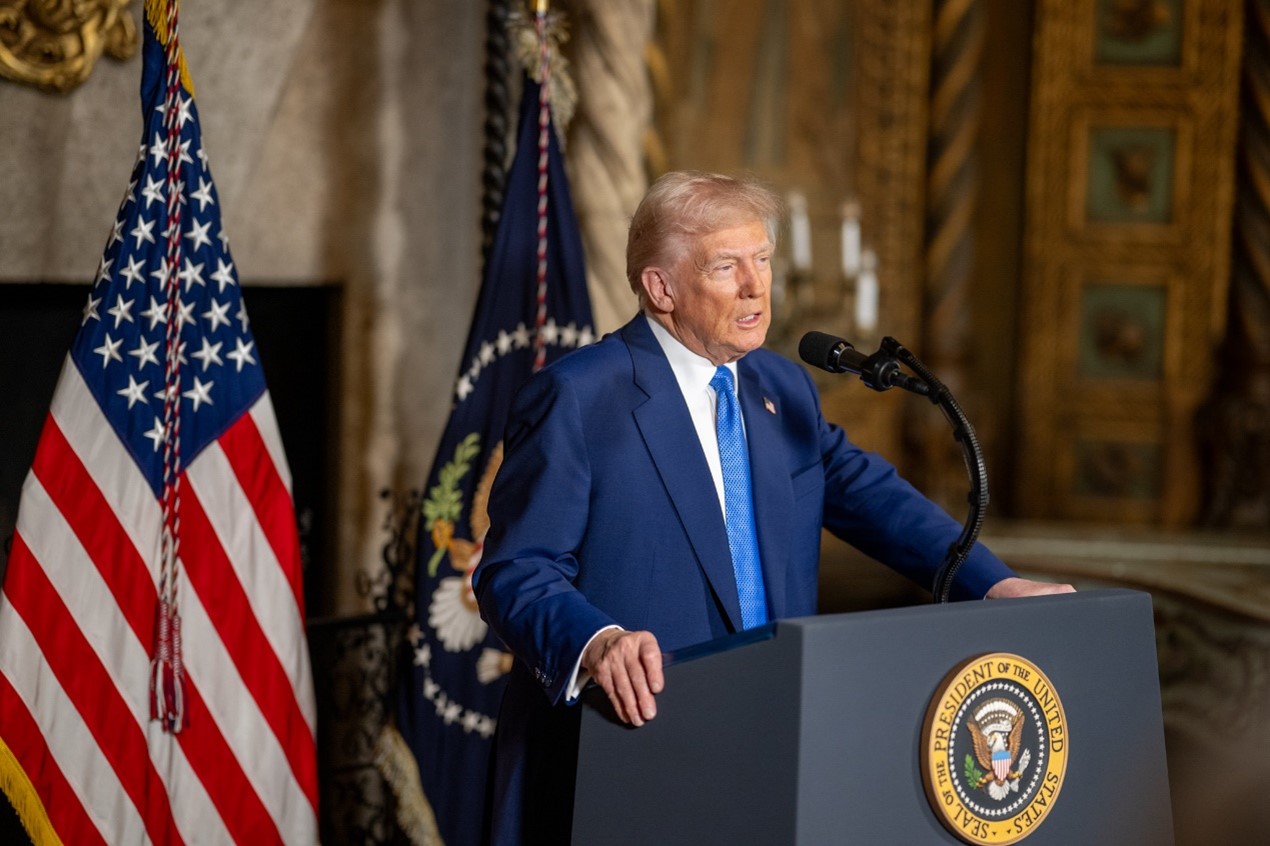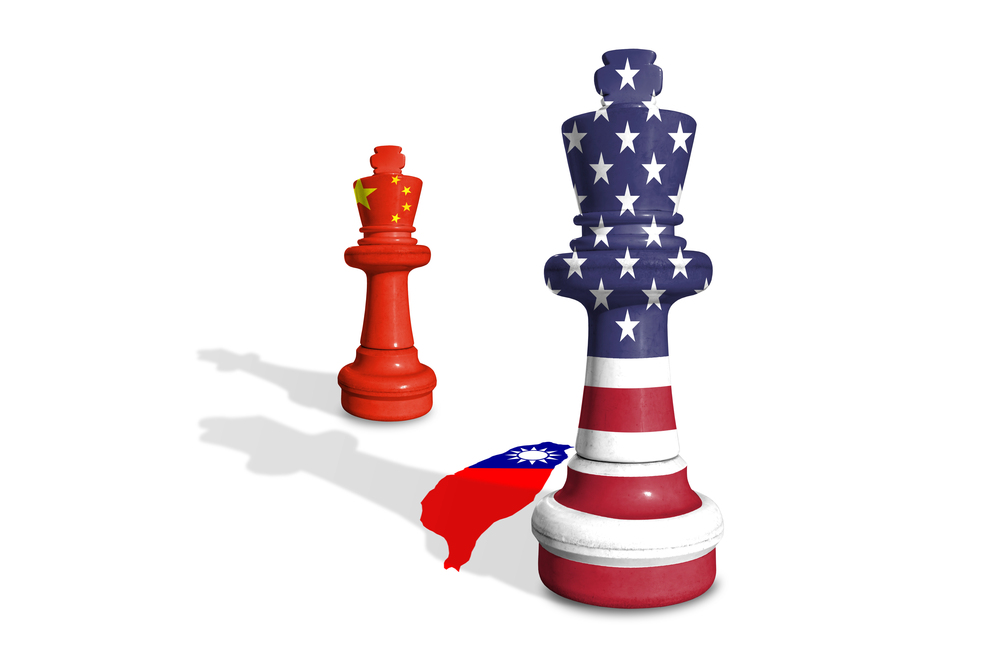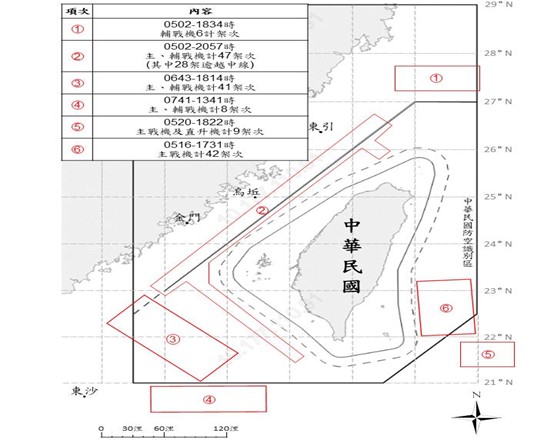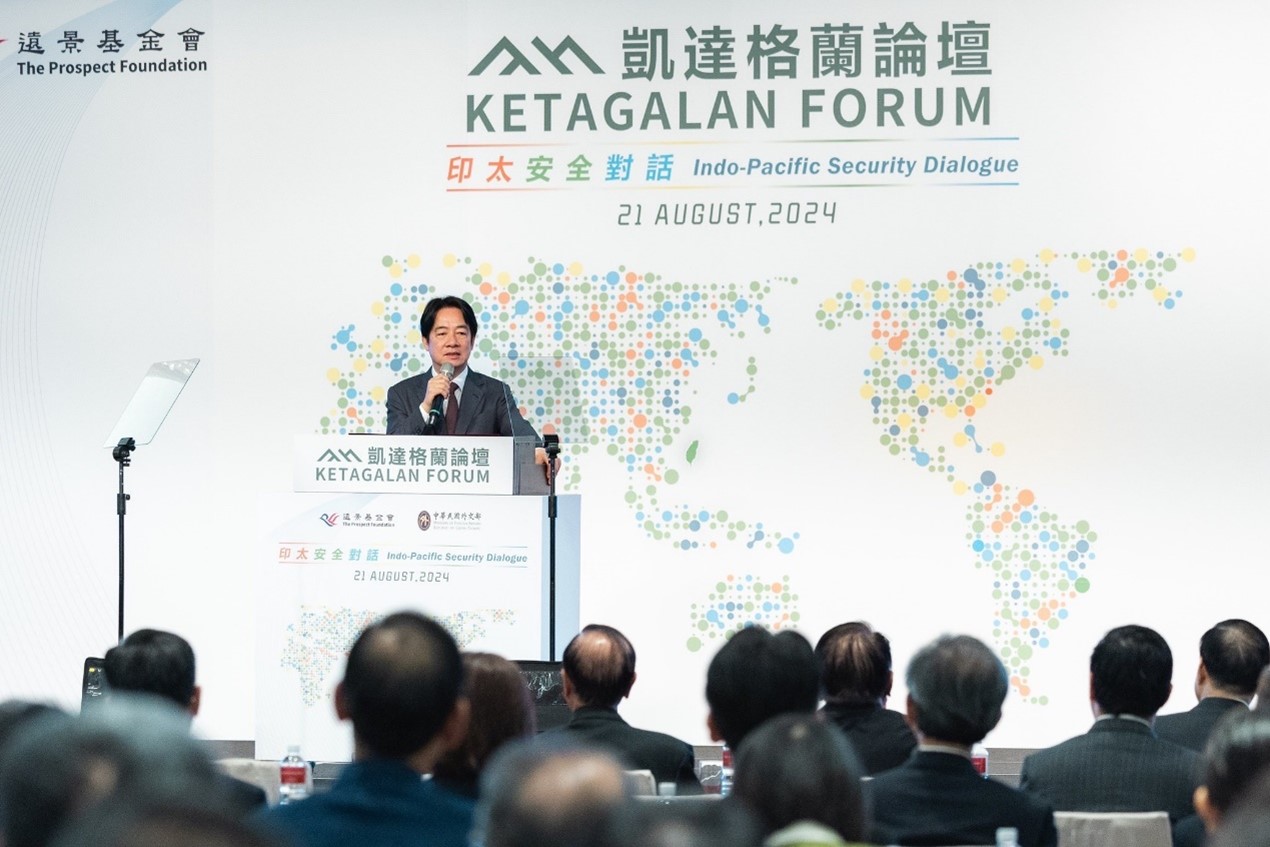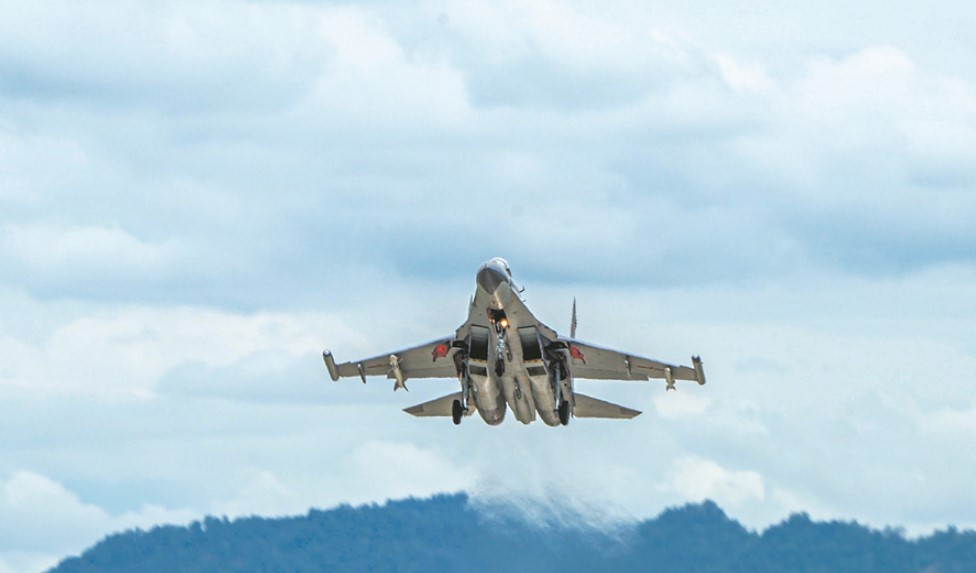Last month’s presidential and legislative elections in Taiwan presented the latest chapter in the country’s three-decade long competition with China over Taiwan’s political future. Picture source: Depositphotos.
Prospects & Perspectives No. 8
The Future of U.S.-Taiwan Relations After the January Elections
By Joseph Bosco
Last month’s presidential and legislative elections in Taiwan presented the latest chapter in the country’s three-decade long competition with China over Taiwan’s political future.
The struggle is certainly existential for the government and people of Taiwan who spent decades fighting to rid themselves of the anti-Communist dictatorship of Generalissimo Chiang Kai-shek and have no intention of submitting to the dictatorship of the Chinese Communist Party (CCP). They have watched the CCP’s genocidal treatment of the Uyghur and Tibetan people’s people and culture. And they have witnessed the suppression of the modicum of democracy that was enjoyed by the people of Hong Kong despite Beijing’s promise of quasi-autonomy.
Conversely, gigantic China also feels mortally threatened by Taiwan because its thriving exercise of democracy just 90 miles offshore is a constant repudiation of the authoritarian regime’s lie that a Chinese-origin society is ill-suited for democratic governance.
Navigating threats
Taiwan’s most recent election, like all those since the first direct presidential election in 1996, was accompanied by Chinese warnings, threats, and demonstrations of military might. Beijing’s agitation over this election was heightened not only by the mere passage of time since Xi Jinping warned upon taking power in 2014 that the Taiwan question “cannot be passed from one generation to another.” Xi was fully aware that as older Taiwanese with ties to Chinese passed from the scene and more children were born in Taiwan who would have no sense of identity with China, any lingering national or cultural connections would wither over time and a predominantly Taiwanese identity would emerge. And so it has, accelerated by Beijing’s increasingly despotic behavior within China and its aggressive actions in the region and against democratic governments in the United States and Europe.
The growing Taiwanese identity is reflected in the correlation of Taiwan’s domestic political dynamics which increases China’s angst. The leading candidate in last month’s election was Vice President Lai Ching-te of the incumbent Democratic Progressive Party (DPP), China’s bête noire, because of his more outspoken pro-independence sentiments. Beijing has described him as a “separatist trouble-maker” and warned Taiwan’s voters that the election would be a choice “between war and peace.”
The Taiwanese people reacted to China’s heavy-handed attempt at intimidation by decisively electing Lai and giving the DPP an unprecedented third consecutive term in power. In proclaiming victory, Lai highlighted its geopolitical significance: “Taiwan has told the whole world that between democracy and authoritarianism, we stand on the side of democracy [and] will continue to walk side by side with the democracies of the world.”
Beijing reacts
China has reacted so far to Taiwan’s defiant repudiation of its intimidation tactics by downplaying DPP’s triumph, noting that Lai’s vote total was marginally lower than President Tsai Ing-wen’s in the 2020 election and that the opposition Kuomintang (KMT) won control of the Legislative Yuan, electing as speaker Han Kuo-yu whom some in the DPP have accused of being “pro-China.”
Beijing vented its frustration for now by criticizing the U.S. and other governments for congratulating Taiwan on its latest successful exercise of democracy and sending “a serious wrong signal to the separatist forces of ‘Taiwan independence.’”
It also flew a few aircraft through Taiwan’s Air Defense Identification Zone, but not nearly in the volume of Chinese operations in recent years, and nothing like the major simulated blockade of Taiwan it imposed after then-House Speaker Nancy Pelosi’s visit in 2022.
Still, the world awaits China’s dropping of the other shoe at some point especially if Beijing has concluded that “all possibilities of peaceful means for reunification have been exhausted,” the red line laid down in China’s 2005 Anti-Secession Law for the use of force against Taiwan.
The U.S. role
The Biden administration is engaged in a series of staff-level meetings since the president met with Xi in San Francisco last November to lower the bilateral tensions that had risen over the past year.
Not much is known of the Biden-Xi meeting except that Xi reportedly told Biden in no uncertain terms that China “will” achieve “reunification” with Taiwan. It is to be hoped that Biden responded by repeating what he has said publicly four times, that the U.S. will directly intervene to defend Taiwan, and therefore that Xi’s statement means that China and the U.S. eventually will be at war over Taiwan. If Biden did deliver that strong deterrent message, presumably no administration official privately explained it away to China as occurred publicly with Biden’s earlier pronouncements.
There is another, less sanguine, possibility of what transpired in the Biden-Xi meeting. With a Kissingerian wink-and-nod, Biden conceivably could have implored Xi not to do anything to jeopardize his 2024 reelection prospects, promising, as Barack Obama did with Vladimir Putin in 2012, that he “could be more flexible” in his second term. Or, Biden could have reprised his own invitational warning to Putin in February 2022 that a “limited incursion” would be acceptable, say seizure of a Taiwanese island or two to start with, with more to follow later in Biden’s second four years. That hypothetical scenario might explain Beijing’s relatively muted reaction to the Taiwan election outcome.
To reassure Taiwan and other countries that depend on U,S. security assurances that no such weakening of U.S. resolve is taking place despite the Afghanistan debacle and the hesitant furnishing of weapons to Ukraine even before the present Congressional impasse, Biden should send some positive signals of his own.
The most emphatic one would be the deployment of a U.S. carrier battle group through the Taiwan Strait, something that has not occurred in 17 years even though China’s two new carriers have made the transit several times over the past three years.
To combat China’ assertion that the Taiwan Strait is under Chinese sovereignty rather than a universally recognized international waterway through which a large proportion of the world’s container commerce flows, the U.S. Navy and a few allied countries do send their smaller ships, solo or in pairs, on Freedom of Navigation transits through the Strait. But nothing speaks with the authority of a carrier battle group and Washington should inform Beijing now that the next Chinese military provocation against Taiwan will bring that kind of U.S. response.
China’s recurring threats must be met with renewed U.S. resolve, not self-defeating fears of escalation.
(Joseph Bosco is on the advisory board of the Global Taiwan Institute.)


